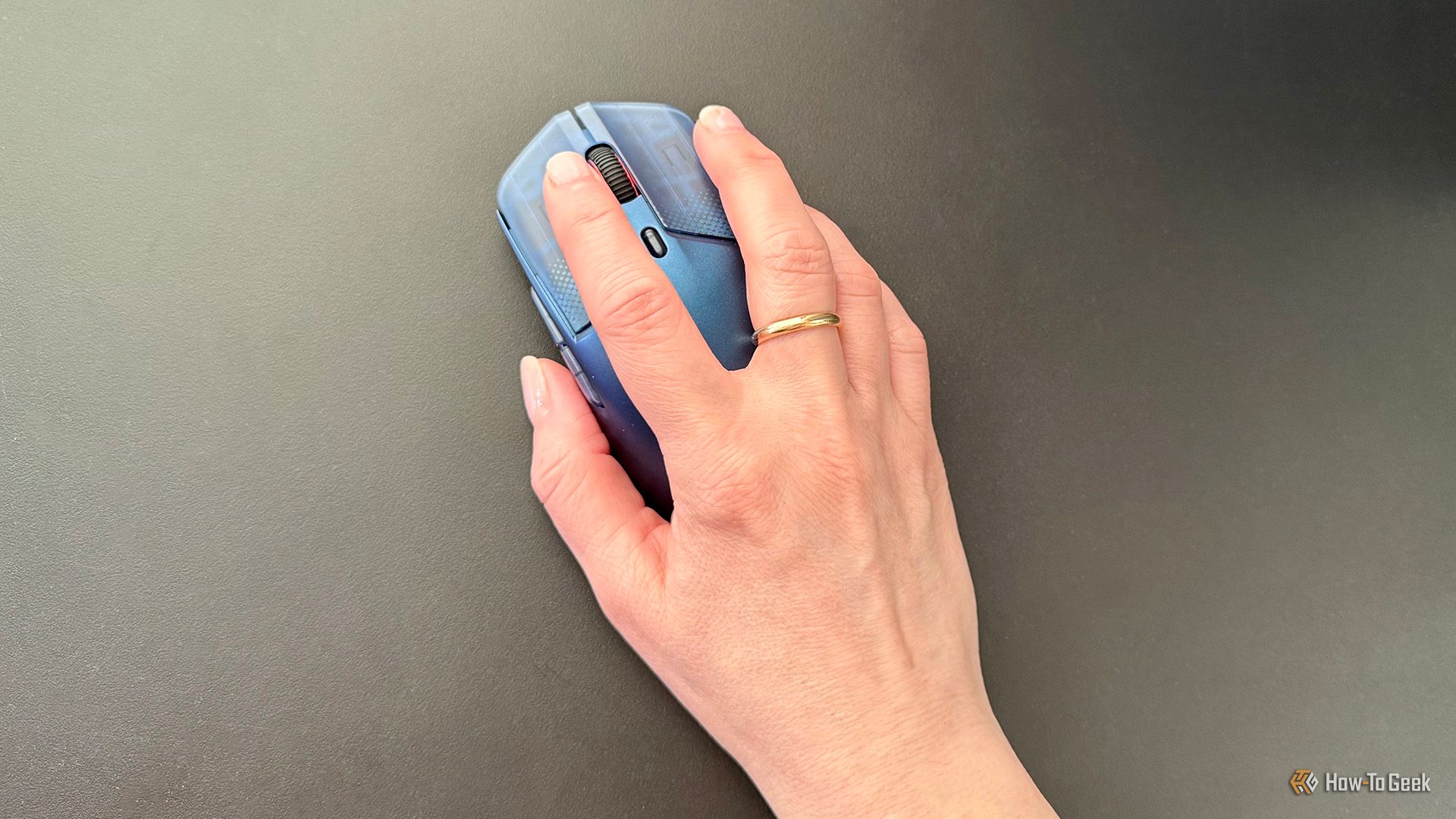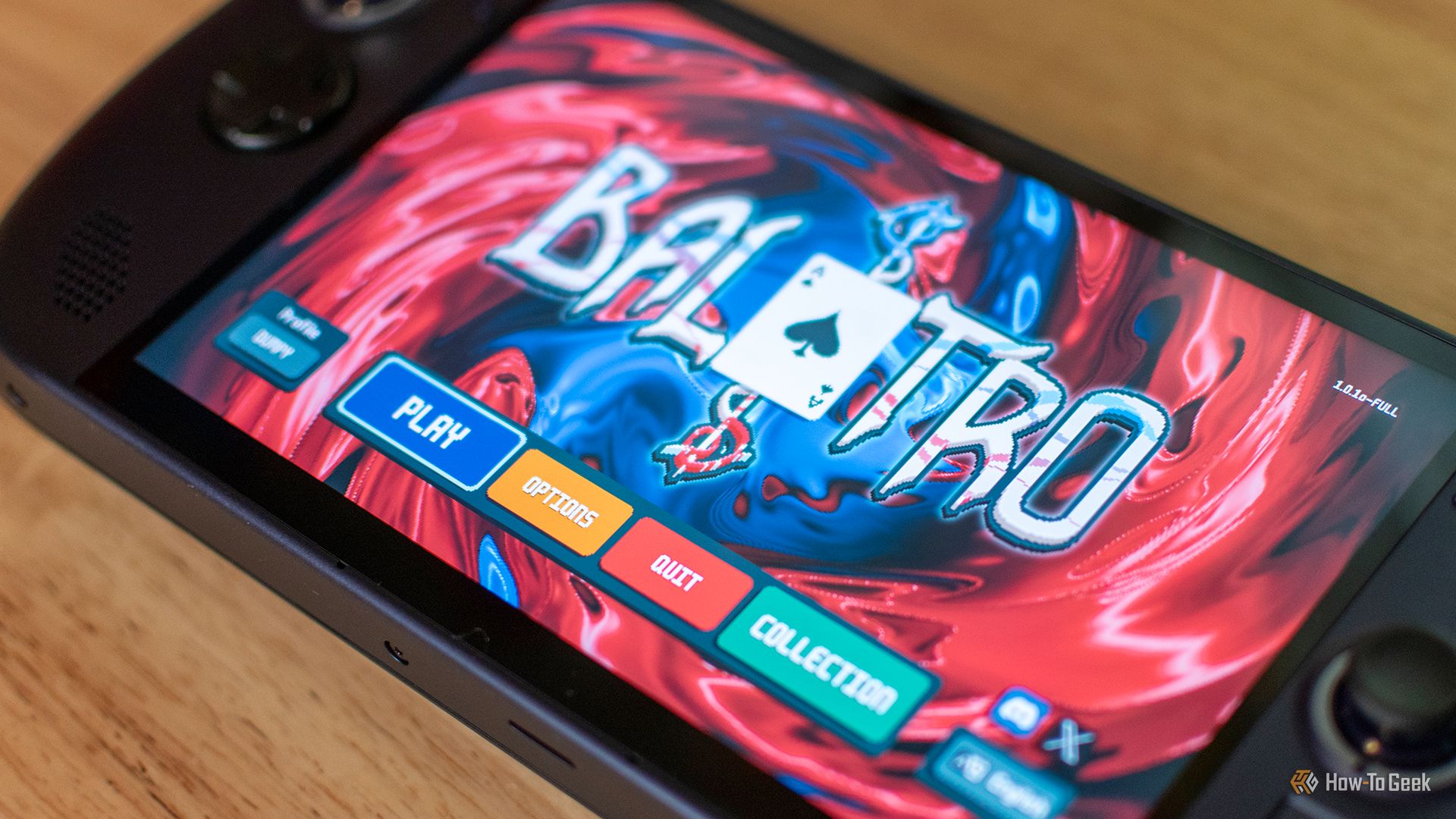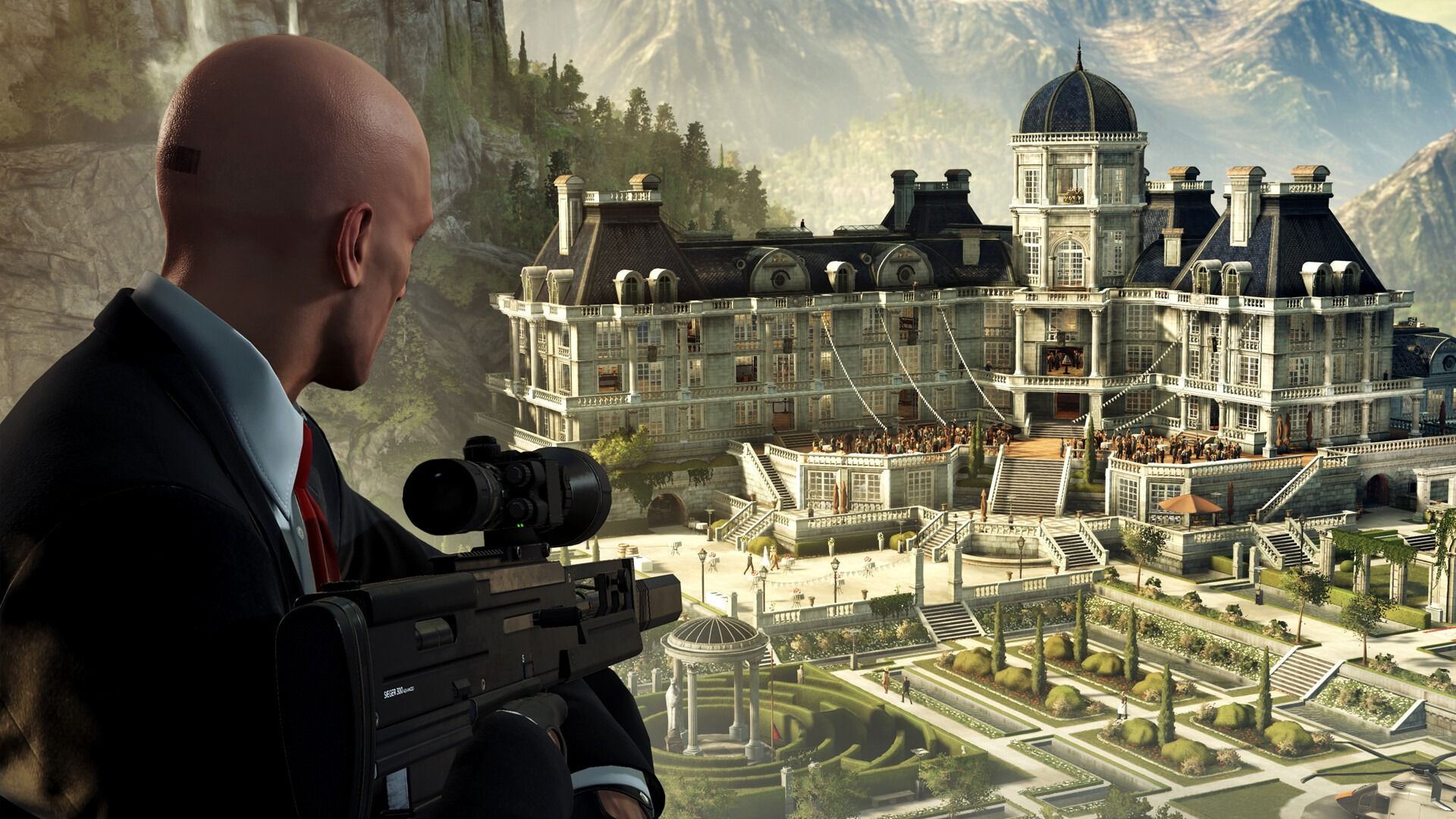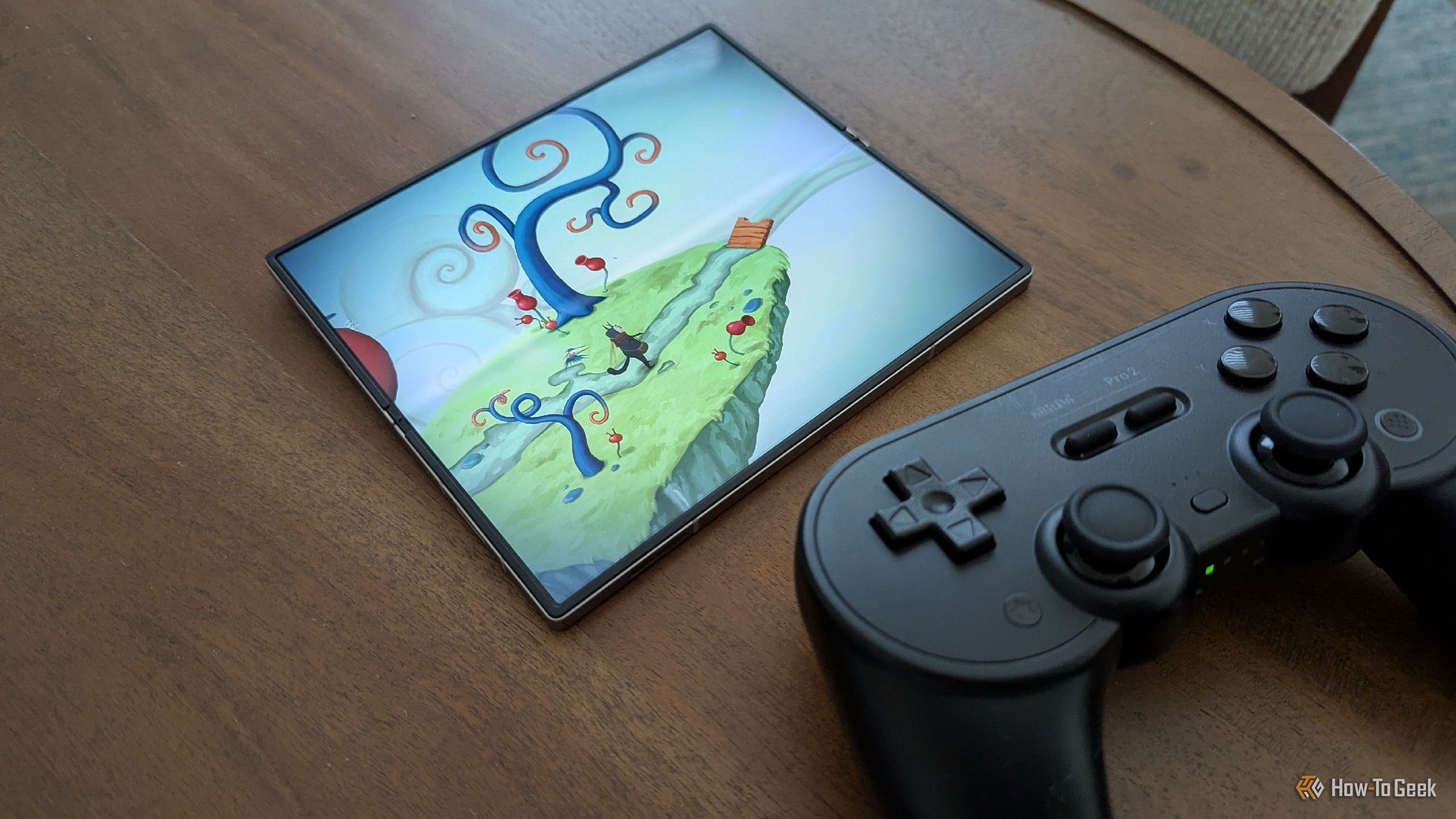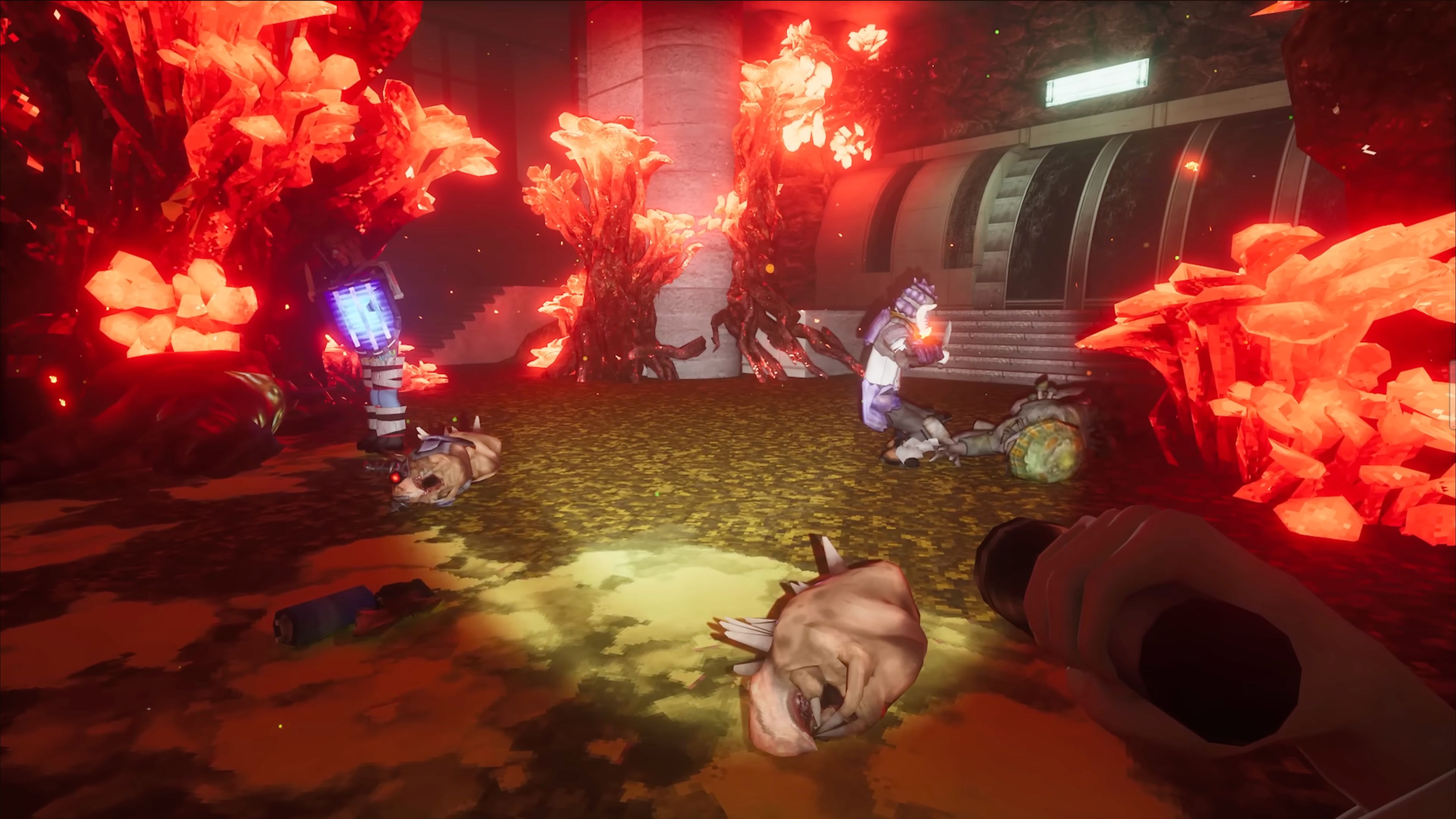Do you remember vibrating with excitement at the thought of a new video game when you were a child? What about being planted in front of a screen for a whole weekend, much to your parents’ disapproval?
Though childhood wonder has been replaced by utility bills and an impending sense of doom, I still love to play games. Unfortunately, life seems to get in the way.
I Don’t Care What Anyone Thinks
You might be under the impression that, as someone who is rapidly approaching middle age, I’m feeling the pressure to “grow up” and stop playing games. But that’s not the case. Even if I were to surround myself with people who think video games are a waste of time, I don’t really care.
Thankfully, video games are more acceptable than they ever have been. Several generations, including the one above me, have grown up alongside arcade machines, consoles, and home computers. You’re not likely to feel the same societal pressure to give up on your hobby as you would have a decade or two ago.
Even so, this view can persist in some of the more toxic corners of society, the idea that you shouldn’t spend your free time doing harmless things that make you happy. But the same scorn isn’t poured on pastimes like binge-watching streaming video or reading. We don’t look down on someone learning to paint or play an instrument, even if they’re bad at it and doing it just for fun.
And then there’s the hustle culture that seeks to guilt-trip you into waking up at 4 am to dip your face into a bowl of overpriced mineral water. No thanks, life’s too short.
Time Is Not on My Side
The real problem comes down to finding the time to actually engage in the hobby. Whatever you do for fun as an adult, this is probably a problem you run into all the time. My partner and I don’t even have children, and we still find it hard to set aside time to play games.
Part of this comes down to the conscious nature of playing games, which is a mentally engaging hobby. Sometimes I just want to collapse on the sofa and absorb a few episodes of Stargate SG-1 before rolling into bed. When I’m tired, that feels like the easy option compared to picking up a controller.
If you’re a PC gamer, you might find it even harder to get started. Many How-To Geek writers have remarked that, at the end of a long work day, the last place they want to be sitting is at a desk in front of a monitor with a keyboard and mouse in hand.
But let’s say I’m able to finesse my weekday, get work done by around 5, and hit the gym nice and early before cooking something quick. Even on a good day, I’ll be lucky to have an hour to play something at the end of the day. Maybe the answer is to play video games before I start work for the day, but this feels like a waste of the precious productivity “budget” I’m blessed with in the early morning.
And this is life on (relative) easy mode. I don’t have to get children ready for school or commute to work. My mornings consist of feeding the cats, making coffee, and planting myself in front of a computer. I’m fastidious about hitting the gym and remaining active, and I’ve even been known to be social on occasion. Given how much harder it is for others at this age, it’s a wonder I ever see anyone on my friends list online at all.
I’m Drowning in Games
The irony of my predicament is one that many others will be acutely aware of. As an adult, I have a job, and with it comes some disposable income. I can buy the games I want, whether that means loading up on bargains during a sale event or dipping my toes in on release day for a particularly appealing release.
Growing up, I’d be lucky to get a handful of new games per year. These would come mostly during holidays and birthdays, and I had to make these choices count. Buy the wrong thing and you’d be playing a bad game for the foreseeable future. Some of my wisest decisions included SimCity 3000 and Unreal Tournament on the PC for their seemingly endless replay value.
We live in an era of plentiful games. Most of us have a serious backlog, which includes games that we already own and never actually get around to playing. Services like Game Pass spoil us with huge catalogs and frequent new releases, for a fairly low monthly fee that keeps us subscribed.
Games from independent developers and small publishers have ballooned into an entire category of entertainment. These titles shine like beacons among a sea of high-budget releases that play things safe, taking chances and doubling down on ideas that innovate and refine. Access to your favorite things and stepping out of your comfort zone has never been easier.
Even our internet connections have advanced to the point where downloading a game could take minutes or hours, a far cry from leaving your dial-up connection active all night in order to download the latest Half-Life and Counter-Strike updates. This stability and speed also enables a far more reliable online gaming experience.
All of this is to say that, nostalgia and “golden” ages of gaming aside, there has never been a better time to be a video game fan.
With Age Comes Appreciation
I didn’t like black coffee, olives, or Brussels sprouts as a child, but as an adult, I have a newfound appreciation for these things (yes, even sprouts). The same is true of games. Not only do I have the patience and understanding to have fallen in love with whole new genres, but my adult brain gets more out of games than my child brain was capable of.
Being older has some benefits, including a greater understanding of subtext and the jokes that would have gone over my head when I was younger. I’ve got more patience to sit through the “boring” stuff, and a far better understanding of games that require careful planning, tactics, or financial decisions.
I played Deus Ex as a child, but I never really appreciated the full extent of what that game had to offer. These days, immersive sims are some of my favorite games. I’ve spent hours in sandboxes like Dishonored and Hitman, trying to find new ways to achieve goals or bathing in lore. I also love stealth in video games as an adult, having been introduced to the mechanic as a child via Thief and miserably failing to master it.
Not feeling beholden to a game is another skill we should all master, which is all the more important when you only get a few hours every week to lean into your habit. I know to give a game a fair shot, but I’m not falling for the sunk cost fallacy when there are so many other things vying for my attention.
Game Smart, Not Hard
So what can you do about it? You could quit your job and just play video games all day, but I wouldn’t recommend it. You could drop your social life, fitness regimen, or other hobbies in favor of being a gaming hermit, but that’s not going to provide you with long-term happiness either.
One way to approach the problem is to “steal” as much gaming time as you can in your days. Mobile gaming makes this easy, and with games like Balatro and even triple-A releases like brand new Assassin’s Creed games arriving on mobile shortly after (and sometimes on) release day, a mobile-friendly controller and battery pack might be the answer.
Handheld gaming is also more accessible than ever before, at a range of price points. You can pick up a used Switch Lite for much less than $100 and enjoy a massive library of games on the go. You can go all-out on a Switch 2, Steam Deck, or a more powerful portable PC and play many of the latest releases. Being able to pick up, play, and suspend a game is liberating.
Recently, I’ve taken to planning my time better to accommodate the hobby. At first, this seemed a bit weird, but the more I thought about it, the more I realized that I wouldn’t think twice about making time to partake in other hobbies. I’ve made a few adjustments to my routine, like getting boring stuff like showering and food prep out of the way earlier in the day, so that I can jump into a game once I’m free for the day.
I’ve also been favoring short, sharp experiences that scale well. This started by rediscovering Halo Infinite’s multiplayer, since games last five to 10 minutes, and you only need to play a few rounds to scratch the itch. My new current obsession is Abiotic Factor, a survival crafter that changed my perception of the genre. On evenings I don’t have much time, I can log on and gather resources or prepare for a more involved expedition.
This could apply to turn-based experiences like Balatro or Slay the Spire too. I’ve kept runs going in both of those games for days simply by virtue of only having a short window of time in which to play.
Short on time to play? A good first step is to stop playing video games that don’t respect your time. You might also want to invest in games that are well-suited to short sessions.

